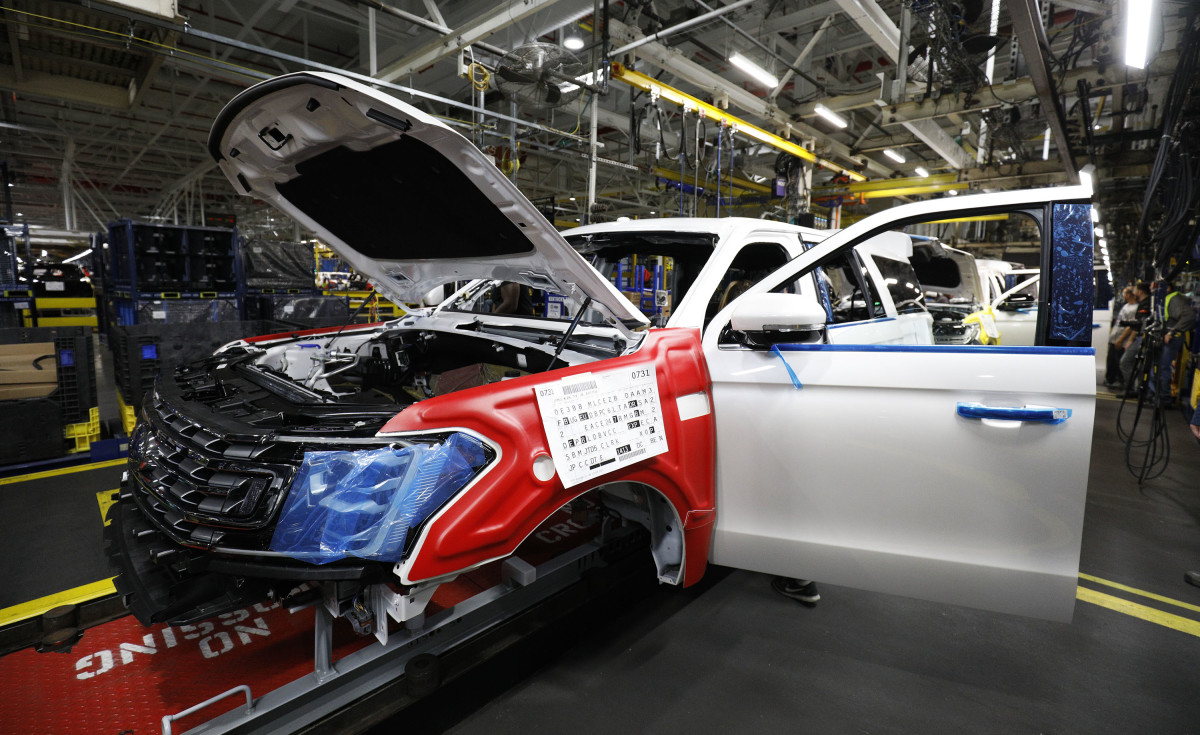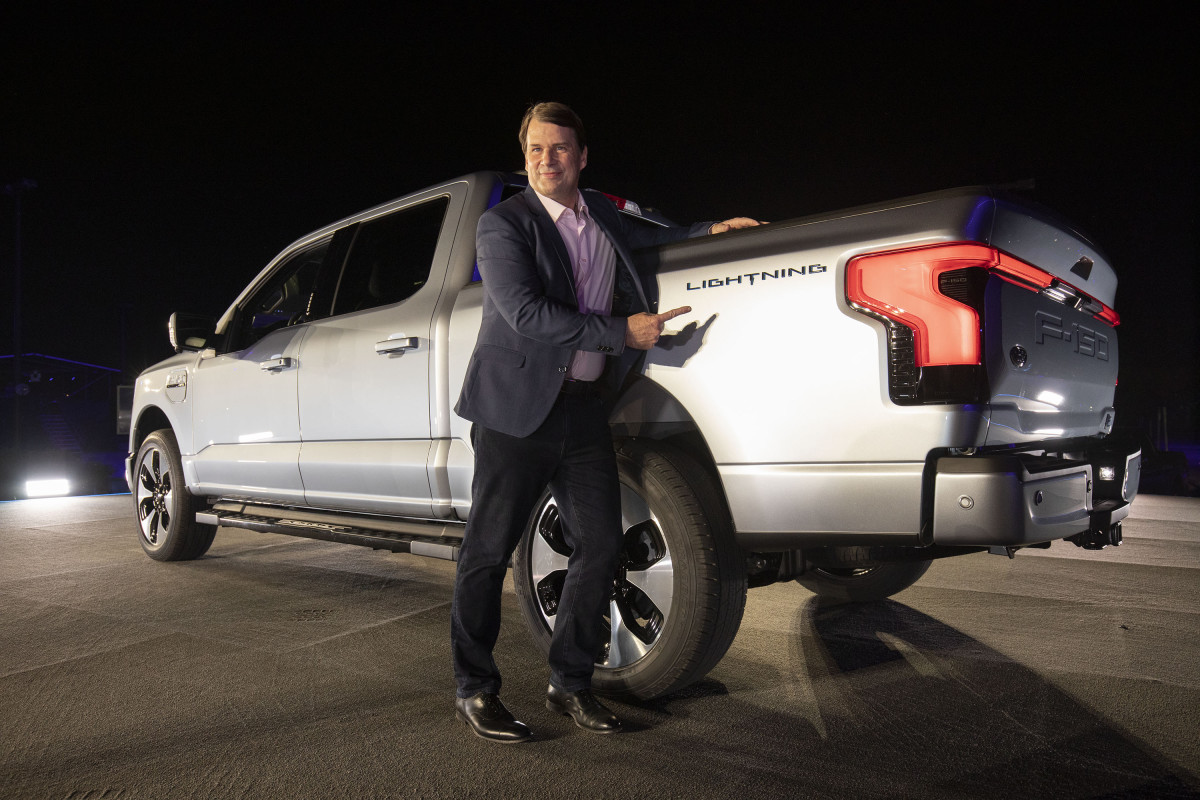
Ford (F) and the local chapter of the United Auto Workers (UAW) representing employees at the Kentucky Truck Plant reached a tentative agreement on Feb. 21, averting a strike at one of one of the blue oval's largest and most profitable plants.
Related: Ford has huge news about electric vehicle prices buyers will love

On Feb. 16, the UAW said that the nearly 9,000 workers who work on popular and profitable vehicles like the Ford's Super Duty pickup, the Expedition SUV and the Lincoln Navigator would go on strike on February 23 if concessions were not made.
Though the UAW landed a historic contract with all of the Detroit Big Three manufacturers, this strike concerned specific, local issues at the Kentucky plant. According to a UAW statement, these included "health and safety in the plant, including minimum in-plant nurse staffing levels and ergonomic issues, as well as Ford’s continued attempts to erode the skilled trades at Kentucky Truck Plant.”
Additionally, the union states that alongside the issues at Kentucky truck plant, its members are negotiating local agreements surrounding plant specific issues with other automakers including General Motors and Stellantis.
Ford's boiling point:

The averted strike comes at a time of tension between the blue oval and its production level workforce.
In remarks to a crowd at the Wolfe Research Global Auto Conference, Ford CEO Jim Farley suggested that the aggressive tactics of the UAW last year have changed his purview on unionized American factories and its workers.
"We have to think carefully about our [manufacturing] footprint," Farley told the crowd.
Farley lamented on the fact that though his company builds all of its pick up trucks in the United States by a largely unionized workforce, he came to a stark realization.
“Our reliance on the UAW turned out to be we were the first truck plant to be shut down,” Farley told the conference. “Really our relationship has changed. It’s been a watershed moment for the company. Does this have business impact? Yes.”
More labor news:
- Salesforce CEO takes another bold stand on remote work
- Remote worker backlash leads company to reach deal with employees
- Amazon issues a hard-nosed warning to workers
This sentiment did not sit well with UAW president Shawn Fain.
“Maybe Ford doesn’t need to move factories to find the cheapest labor on Earth,” he said. “Maybe it needs to recommit to American workers and find a CEO who’s interested in the future of this country’s auto industry.”
Related: Veteran fund manager picks favorite stocks for 2024







